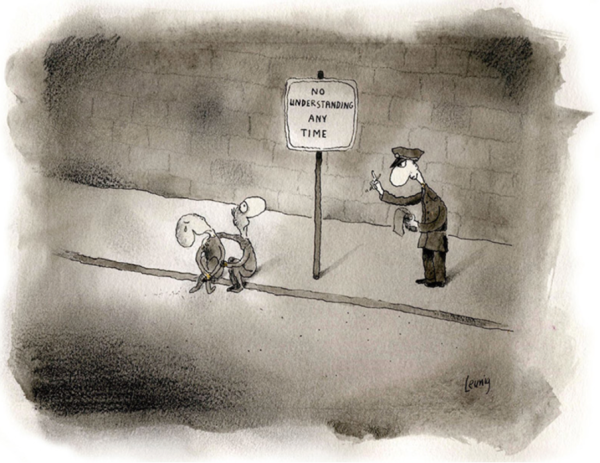In the light of recent events, we offer the practice of radical empathy
7 November 2024

“Everybody’s behaviour makes sense to them or they wouldn’t do it. This means the crucial task of understanding someone else involves trying to understand their perspective. It’s not about judgement. It’s about radical empathy.”
Ellen Langer
This can be confusing for us because:
- Empathy comes naturally for humans.
- Rigid black-and-white judgements come naturally for humans
So let’s have a closer look:
- Empathy comes natural for humans.
We are hardwired for care, and to respond with compassion, to pain in others. Because we live in social groups, we have evolved to be able to read the feelings of others, to attach to others and to demonstrate give and take in our dealings with others. Interestingly, people who are high in self-awareness are also high in empathy. Also, the feelings that get generated when we can connect, understand and soothe each other, feel GOOD. And of course, we mostly find this easier to extend empathy to those we consider more like “me”. - Rigid black-and-white judgements come naturally for humans
When someone does something terrible (think – the atrocities committed by Hamas and Israel, the wide-spread violence against women, incarceration of Indigenous Australians, children being hurt, electing Donald Trump, lying about things) we have automatic visceral threat reactions which rightly make things very black and white: a big “no!” from the nervous system. This is the first step of a helpful, automatic appraisal.
That big “No!” is good info, but we often stop there. We then actively find facts and figures to support our position. Engaging on social media can send us into a strange landscape in which we only hear our own voice amplified. This reduces the richness and the complexity of our information, preventing us becoming truly informed and able to understand.
For every complex problem there is an answer that
is clear, simple, and wrong.
H. L. Mencken
So what to do?
If we want to make an effective response to these painful realities, an alternative next step is the hard work of radical empathy.
This involves actually doing the emotional and mental work to understand how this behaviour makes sense to that person or group. This is the work of being able to reflect on and understand the complexity of how humans are made, and how our social world is created by many causes and conditions. We have to be prepared to look at history too. History – whether the history of a person, or a group or a nation – gives us so much information of how meanings come about. Behaviour comes out of meanings.
To step out of a spiral of dysfunctional communication, is not easy. It is not easy to feel and digest that big “No!” It is not easy to feel our intense feelings of fear, anger and grief, let them soften, and open space inside for understanding. It is not easy to honour ourselves and the perspective of the “other”. As Rilke says" "Feeling everything, the beauty and the terror. No feeling is final."
Remember: Everybody’s behaviour makes sense to them, otherwise they wouldn’t do it.
